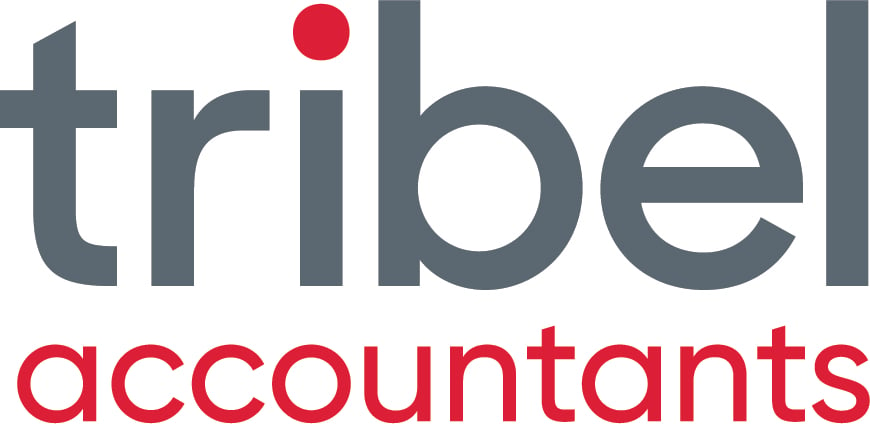INTRODUCTION:
Many business owners have an idea what they think their business might be worth. Sadly, just prior to retirement they discover that it might not be as worth as much as they thought.
What's worse is that it could have been worked on years before but nobody explained to them what they needed to work on or what factors drive up business valuations making them more valuable and easier to sell.
So what are the top 5 things you need to do NOW to not only give a business valuer or prospective purchaser a reason to put a higher value on your business?

Figure 1: Making a business more valuable means hooking in now
1. Solid history of profits
It almost goes without saying but a business with volatile levels of profitability or smaller levels will typically lead to lower business valuations. This is because prospective purchasers are looking for a return on their investment. If there is small return in terms of profit then they will work backwards given risk to pay a lower amount.
Let's say the adjusted profit and sustainable earnings figure works out to be $50,000. If the purchaser is looking for a return of 33% then generally you might be looking at a value of approximately $150,000.
However, if there is a profit one year and a loss the next and this pattern is maintained over the years. They will more than likely take a simple average of profits rather than weighting results to the most recent years. This could make the profit above work out to be $20,000. All of a sudden you might be looking at $60,000 or even less given the business appears riskier meaning they might decide want a return of 40%!
Whilst most valuers will take into account tax adjustments when looking at the businesses returns (e.g. a less expensive car might be factored in), it is important to understand that showing real numbers in your tax return not only makes you legal but will make it easier to show and prove the performance business wise.
Any clients that bring numbers to me of businesses they are looking to buy with the words "the vendor is asking this much but is not declaring everything", I tell them to walk away. Accountants can sometimes be focussed soley on tax but what about the affect on business valuations Sydney?
2. Business Growth
Before selling does your business have a business growth trend or is it declining or standing still? Are sales declining or are they growing?
If your business is not growing, then there is a real risk you are slowly on the way out thereby increasing the chances that you are falling behind your competition.
I realise this is not necessarily true but those businesses that think they are comfortable and don't need to find ways to beat their competitors says 'risky' all over them to me.
Any business planning that shows a business growth strategy gives prospective buyers more confidence.
3. Minimal owner dependence
A business that shows a lot of owner reliance is not only riskier but less appealing to those who might be taking over.
If the business can run when you're not there, this generally means you have good systems and a solid organisational structure. Those buying the business may insist that you stay on for up to 3 years after the sale. Is that what you really want? (I doubt it).
Have a look at your business. Does it rely too much on you? What do you need to do to fix this?

Figure 2: Tackle these issues head on and your business value and profits will soar!
3. MINIMAL OWNER DEPENDENCE
A business that shows a lot of owner reliance is not only riskier but less appealing to those who might be taking over.
If the business can run when you're not there, this generally means you have good systems and a solid organisational structure. Those buying the business may insist that you stay on for up to 3 years after the sale. Is that what you really want? (I doubt it).
Have a look at your business. Does it rely too much on you with personal goodwill? What do you need to do to fix this?

Figure 3: "What do you mean my business isn't worth anything?!"
4. Business Planning
A business that has a plan is one that I would rather invest in than one that doesn't. An owner that runs a ship without a map is destined to be shipwrecked. If a seller has no plan or upside for the business then I am more likely to think they have had enough and just want to get out.
5. Cash Flow
The old saying that cash is king is still true to this day. A business that struggles for cash is not something I would want to pay top dollar for. It also means I might have to have more working capital which when working out a return on my investment will reduce the price I have to pay. Business advisors are usually all over this concept and focus on improving this for the owners.
Get a cash flow forecast done and tie in strategies with your business plan. 3 way budgets are brilliant tools for this.
CONCLUSION:
Ask your accountant or business advisor how your business addresses the above. Get their opinion on what you can do to fix each of these areas.
Whatever you do though, DO NOT think you can worry about these when the time comes to sell. You will not only be setting yourself up for disappointment but your retirement plans and succession planning could be put on hold for another 5-10 years!


.png?width=100&height=100&name=COVID_Safe_Badge_Digital%20(002).png)




